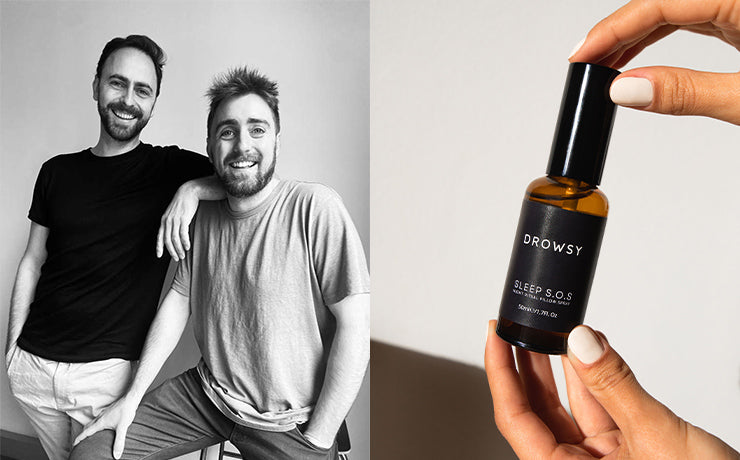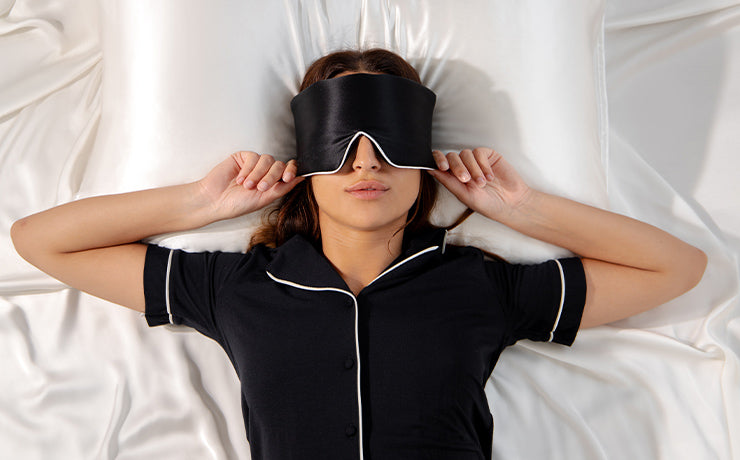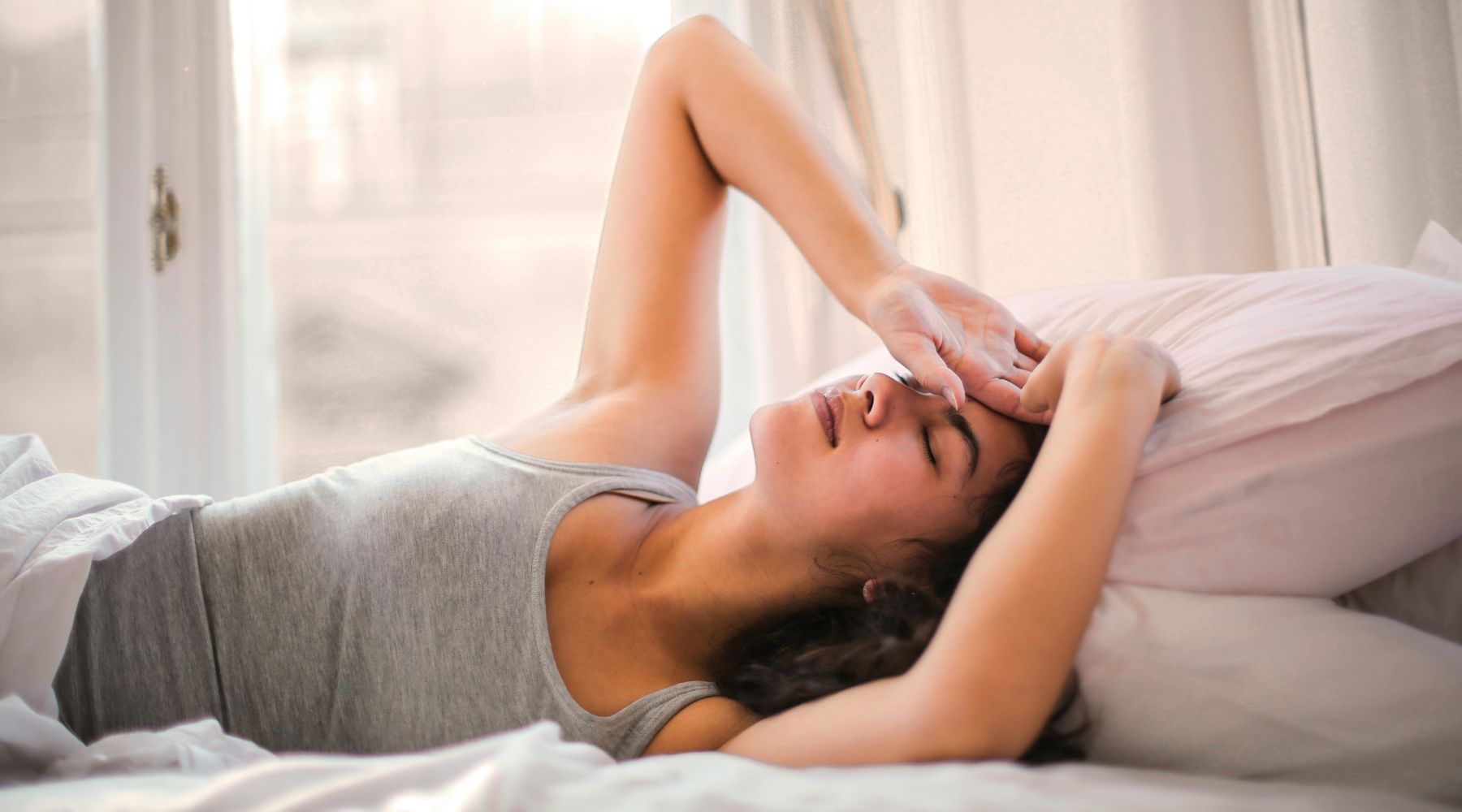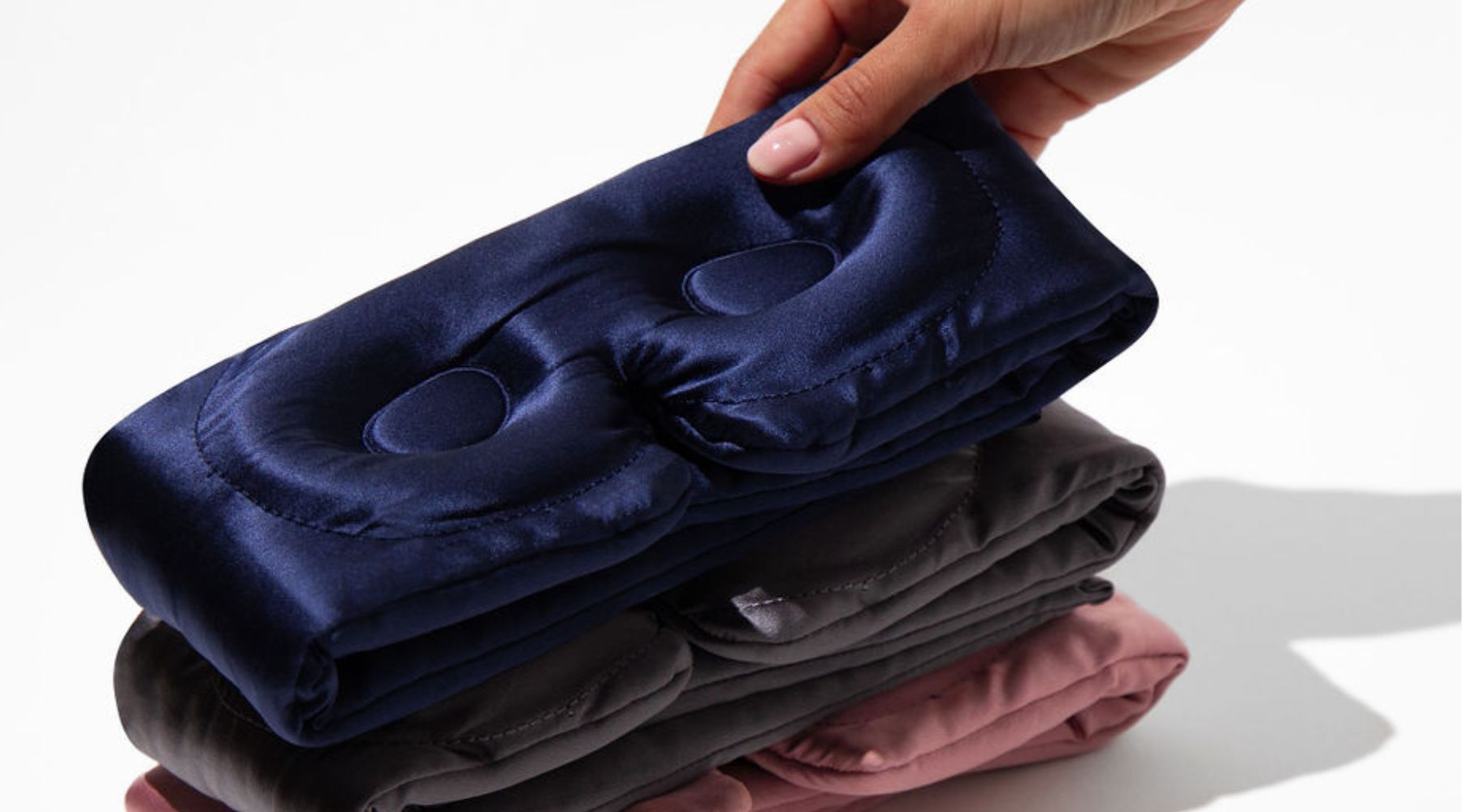Why more athletes are turning to sleep masks for better performance
Talk to any serious athlete, and you’ll hear about how much they value recovery, and for good reason. The hours you spend resting can be just as important as the hours you spend training. Without enough rest, even the best workout won’t give you the results you’re working toward.
That’s why so many athletes are rethinking their sleep habits and paying closer attention to how they recover at night. One small but growing trend is the use of sleep masks. Athletes now pack one alongside their gear, seeing it as a simple way to improve sleep hygiene and maintain consistent sleep patterns, whether at home or on the road.
So what’s driving this shift? Let’s look at how quality sleep connects to athletic performance and why even subtle tools like sleep masks have become part of the conversation.
How recovery depends on sleep
Many athletes notice they feel stronger and steadier after nights of consistent sleep. Rest gives the body time to recharge, and those hours can make training the next day feel smoother. Deep sleep and REM sleep are both part of the cycle, and while the science is still evolving, they’re often linked to restoration and mental focus.
Some research has explored whether extending sleep duration may support areas like reaction time and alertness, though findings continue to develop. Even one night’s sleep deprivation can make practice feel more challenging, and when it happens often, the build-up of fatigue can affect training in ways that aren’t always obvious right away.

How poor sleep habits affect performance
Travel, nerves before a competition, or simply inconsistent routines can cut into rest. For athletes, this is more than an inconvenience. Over time, lack of sleep may leave the body feeling less prepared and make it harder to stay focused during practice or competition.
Some athletes also deal with sleep disorders such as insomnia or sleep apnea, which can disrupt rest and make recovery feel inconsistent. In these cases, building better sleep hygiene and routines is a valuable part of managing the challenge. Basics like keeping a dark, quiet space, going to bed at a steady time, and minimizing late-night distractions can all help.
Why light matters more than you think
Even small amounts of light can make it harder to fall asleep or stay asleep. For athletes who already struggle with sleep hygiene, sleep in new environments, or travel across time zones, light can quickly throw off rest.
That’s why many now use sleep masks. A well-made mask creates consistent darkness, helping athletes keep to their sleep cycle even when the environment isn’t ideal.
What athletes notice when they sleep better
When sleep duration and sleep quality improve, many athletes describe feeling more focused and consistent in training. While a single night won’t change everything, keeping sleep debt low and allowing time for both slow-wave and REM stages can make rest feel more restorative. Some also say that giving themselves more hours in bed during competition weeks helps them feel better prepared overall.
Why sleep masks fit into a bigger routine
For many athletes, a sleep mask is just one piece of a broader recovery routine. It works best alongside other habits, like keeping a consistent bedtime, limiting caffeine in the evenings, and managing evening meals in a way that supports winding down. No single tool guarantees better sleep, but a mask can make it easier to stick to those habits, especially while traveling or training away from home.

How Drowsy can help
At Drowsy, we’ve seen how small, thoughtful changes to sleep hygiene can make evenings feel calmer. That’s why our products are designed to help you create a better environment for rest.
Our pure mulberry silk sleep masks block out light fully while feeling soft and breathable on your skin—ideal for athletes traveling or managing irregular sleep patterns. If recovery is important to you, exploring tools that support better rest is one way to start.
One step at a time
No one fixes their sleep habits overnight. But giving yourself space and tools for enough sleep can help prevent fatigue from building over time. That alone can make mornings feel easier and training more focused.
If you’re ready to treat sleep as part of your training routine, check out Drowsy’s collection and see what works for you. A small change tonight could help you feel steadier tomorrow, and over time, it may become one of those habits you can’t imagine going without.






